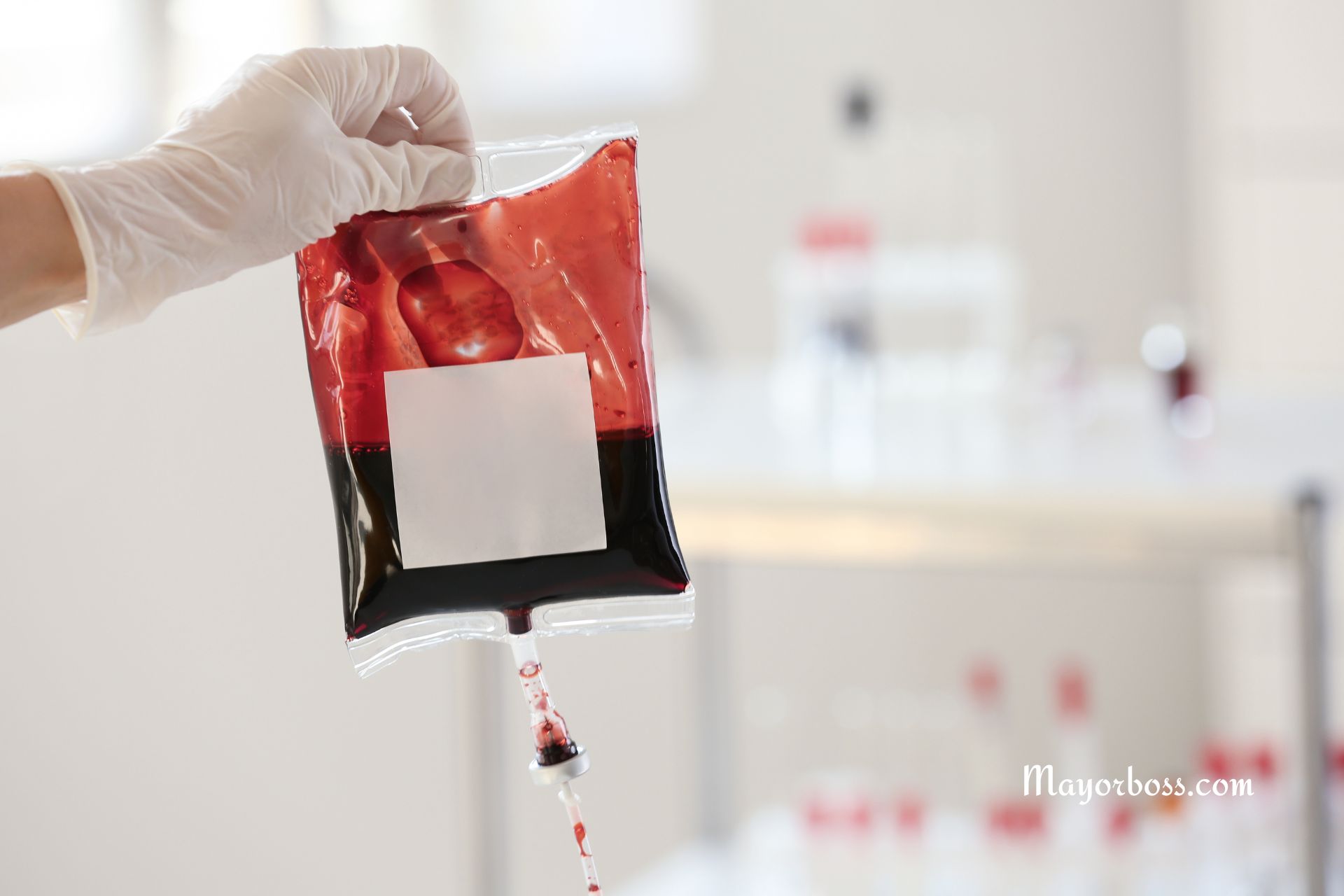Bumps on Tongue: Common Causes and What to Do
Bumps on your tongue are quite common and often harmless. You may experience them as a result of biting your tongue, eating hot or acidic foods, allergies, or infection. These bumps can be discomforting, sometimes painful, and could even lead to an alteration in taste. While most tongue bumps are harmless and tend to resolve on their own, some might signify an underlying health condition that requires attention.
If you’re unsure about the cause of these bumps or if they persist and cause significant discomfort, visiting a doctor or dentist is crucial.
In this article, I’ll cover the common causes of these bumps, along with steps you can take if you notice a change in your tongue’s appearance or feel. First, let’s discuss your tongue’s basic anatomy in general.
Understanding Your Tongue Anatomy
Your tongue is made up of numerous tiny bumps known as papillae. These are responsible for your sense of taste, housing the taste buds. However, when we refer to “bumps on the tongue,” we mean unusual swellings or protrusions that aren’t part of the standard tongue surface.
Common Causes of Tongue Bumps
There are several reasons why you might experience bumps on your tongue:
Tongue Injuries
Did you accidentally bite your tongue or burn it on hot food or drink? Such small injuries can cause temporary bumps that often heal within a few days. These bumps can be tender but are usually not a cause for concern.
Enlarged Papillae
Sometimes, your taste buds, or papillae, may become inflamed or irritated, causing them to swell and form noticeable bumps. This can occur due to spicy or acidic foods, smoking, or other irritations.
Oral Thrush
In simple words, oral thrush is a fungal infection caused by Candida yeast. It can lead to the development of white, bumpy patches on your tongue and other parts of your mouth. Those with weakened immune systems, older adults, and infants are more susceptible to this condition. According to NHS, you can successfully treat oral thrush with antifungal medication.
Canker Sores
Canker sores are described as small, painful ulcers that can form on your tongue, gums, or inside of your cheeks, according to the American Academy of Family Physicians. It’s important to mention that the actual cause is still unknown. But stress and certain foods are thought to trigger these sores.
Oral Cancer
While less common, oral cancer can cause bumps or lumps on the tongue that don’t go away. If you notice a persistent bump, particularly if it’s accompanied by other symptoms like difficulty swallowing or a persistent sore throat, it’s crucial to get it checked by a doctor.
What to Do if You Notice a Bump on Your Tongue
Now that we’ve covered some of the common causes let’s explore what you should do if you discover a bump on your tongue.
Don’t panic
First and foremost, don’t panic. As I mentioned earlier, most tongue bumps are harmless and temporary. They often resolve on their own without any treatment.
Rinse your mouth with warm salt water
Salt water rinse can help soothe minor injuries and canker sores.
Eat soft, cool foods
These can typically help ease discomfort caused by sores and bumps.
Take over-the-counter medications
Topical oral gels and ointments can provide temporary relief from pain and inflammation.
Maintain good oral hygiene
Keeping your mouth clean is an essential step. Regular brushing, flossing, and using a mouth rinse can prevent infections and promote healing.
Avoid irritants
Try to avoid spicy, acidic, or hard foods that could further irritate your tongue. Also, refrain from smoking or using other tobacco products.
When to Seek Medical Attention
While many causes of tongue bumps are benign and resolve on their own, it’s important to seek medical attention if the bumps persist or cause significant pain or if you have other concerning symptoms like difficulty swallowing or speaking, unexplained weight loss, or persistent fatigue.
As a rule of thumb, any tongue bump that lasts more than a week or two should be evaluated by a doctor or dentist. This is crucial as oral cancer, though rare, often starts as an unnoticed bump in the mouth.






